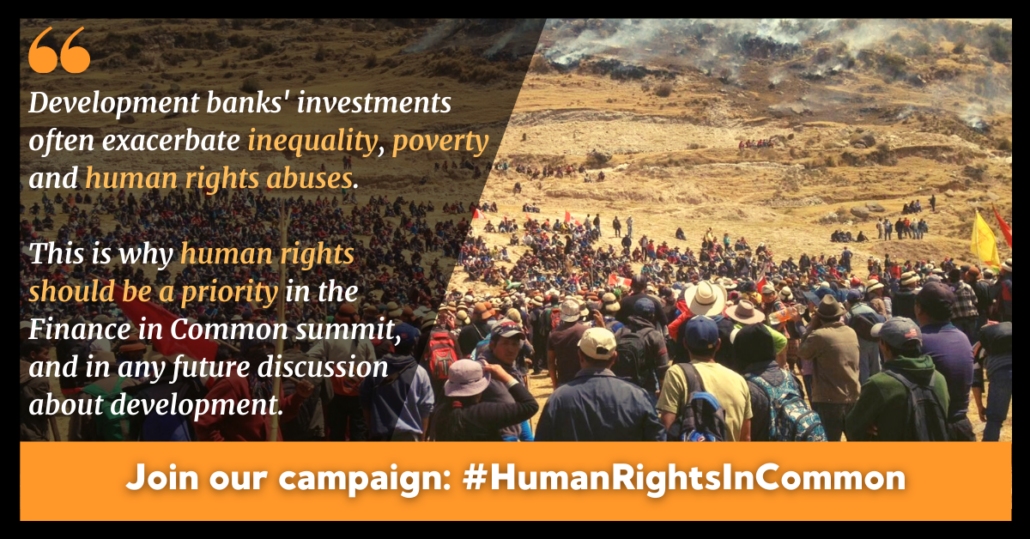Together with the Córdoba Feminist Economy Space and with the support of the Heinrich Boll Foundation, we carried out a cycle of 5 virtual meetings to make visible and debate the existence of other economies that put human and non-human life at the center and the care that make them possible.
“Below, we offer a google translate version of the original article in Spanish. This translation may not be accurate but serves as a general presentation of the article. For more accurate information, please switch to the Spanish version of the website. In addition, feel free to directly contact in English the person mentioned at the bottom of this article with regards to this topic”.
The Feminist Economics (FE) webinar series began on September 30 and lasted for two months. Specialists in Feminist Economy, Popular Economy, Ecological Economy and Social and Solidarity Economy participated, members of various self-managed spaces and activists who bet and work towards other economies, which replace the profit motive for the care and sustainability of human lives and not human.
The panel of the first webinar was made up of Ariana Cervantes and Vanessa Ullua (members of the Virginia Bolten Accounting Firm) and Shams Selouma from the Latin American Feminist Incubator. In that meeting, legal, tax and administrative tools were offered for self-managed and community organizations. At the same time, the Resource person Tools for self-management was presented from a perspective of sustainability of life.
The second webinar, called “Towards the sustainability of life. Dialogues between the experiences of Latin America and Spain ”, laid the foundations and theoretical guidelines of the Feminist Economy from a perspective of the sustainability of life, in order to reflect and discuss new ways of thinking and organizing work, producing, distributing and consume, that subvert the capitalist and hetero-patriarchal logic. The space sought to establish a conversation between theoretical views and experiences from Latin America and Spain. Specialists on the subject participated in this meeting: Astrid Agenjo Calderón, Patricia Laterra and Natalia Quiroga Díaz.
This meeting was followed by another that addressed the issue of care as a condition for sustaining life. In the webinar “The essential is invisible to the market. Co-responsibility, community and care ”, participated Corina Rodriguez Enriquez, Gabriela Marzonetto and Paola Bonavita, who spoke about current care policies and community care in Argentina and specifically Córdoba.
Finally, the last two webinars set out to propose and debate, from a theoretical approach first and an empirical one later, the possibilities of building and sustaining other economies that articulate the proposals of the Social and Solidarity Economy, the Popular Economy, the Ecological Economy with the Economy Feminist.
Theoretical reflections were raised in the webinar “Another (s) economy (s). Dialogues between the Feminist Economy and the Popular, Solidarity and Ecological economies ”, thanks to the contributions of Ariana Ortega and Magalí Magnani from the Ecofeminism Area of the Ecologist Workshop of Rosario, Florencia Partenio, Karina Tomatis. The tensions and dilemmas, as well as the theoretical proposals raised in this meeting, were put into dialogue with self-managed experiences of the city of Córdoba, who participated in the last webinar “The other economy exists and sustains life. Conversation with self-managed and community organizations of Córdoba ”.
In this last meeting, members of the Corteza del Chañar cooperative, Wallmarx cooperative, the Textile of the Meeting of Organizations and the Cordoba Agroecological Fair participated, who shared concrete experiences that make the existence of other economies visible, glimpsing a real horizon in which these possible.
We believe, and the particular current context is showing it every day, that the sustainability of life must be at the center of the debate, that we must continue to think and collectively build what economy we want and need to sustain our lives and all the lives that inhabit this planet in a way worth living.
We know that there is still a long way to go to deconstruct and transform an economy based on a productivist logic, capital accumulation, and deterioration of the environment. That is why it becomes urgent and necessary to make visible and strengthen theories and experiences of other economies, built from self-management and from feminist debates, putting good living in focus and betting every day on another possible world.
To relive the encounters, click on the following links:
- Tools for self-managed and community organizations. Legal, tax and administrative resources
- Towards the sustainability of life. Dialogues between the experiences of Latin America and Spain
- The essential is invisible to the market. Stewardship, community and care
- Other economy (s). Dialogues between the Feminist Economy and the Popular, Solidarity and Ecological economies
- The other economy exists and sustains life. Conversation with self-managed and community organizations of Córdoba
Contact
Cecilia Bustos Moreschi, cecilia.bustos.moreschi@fundeps.org

